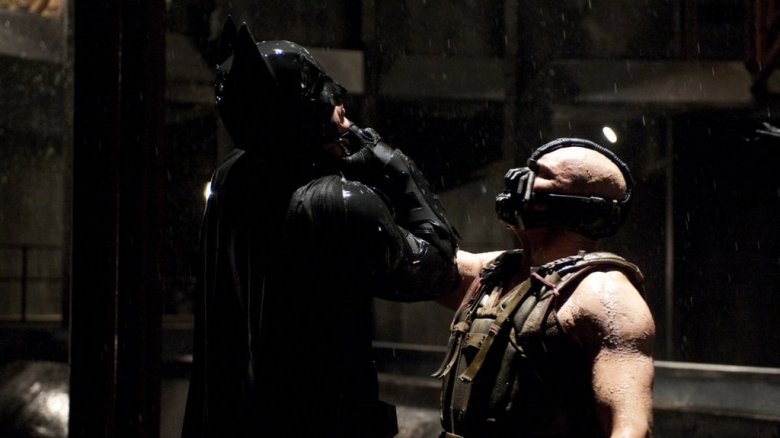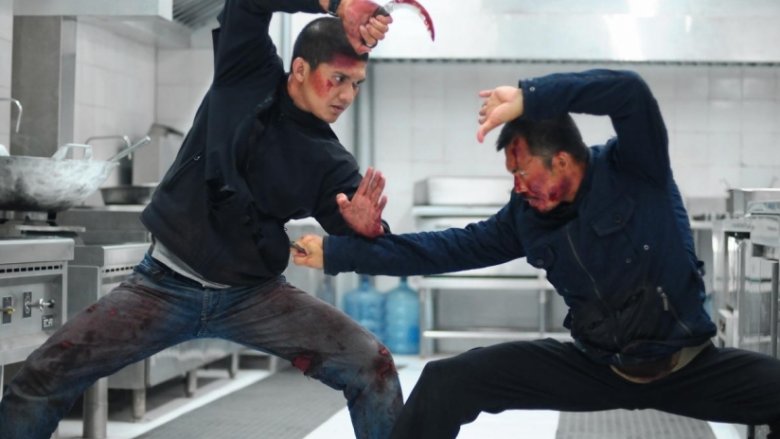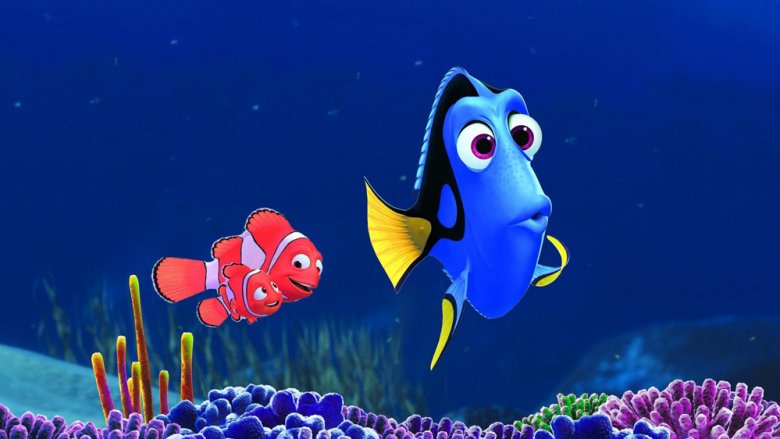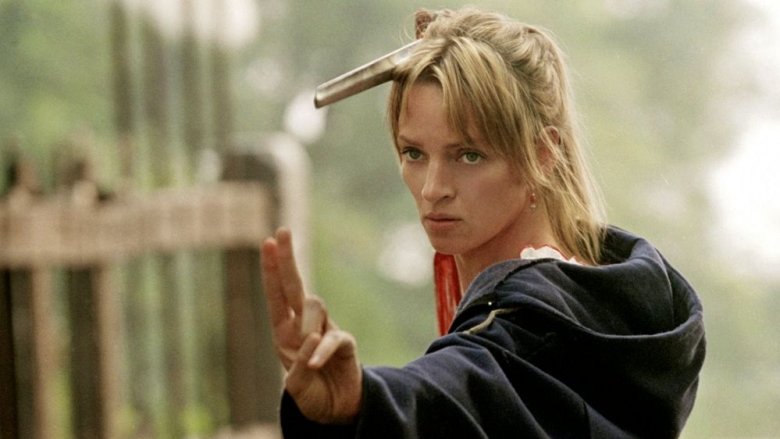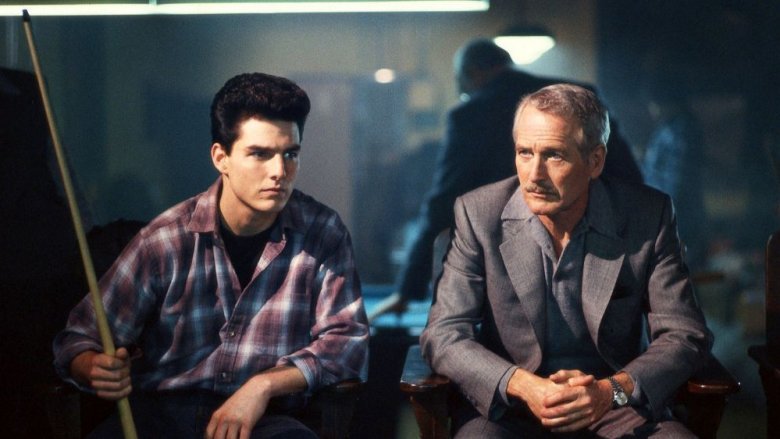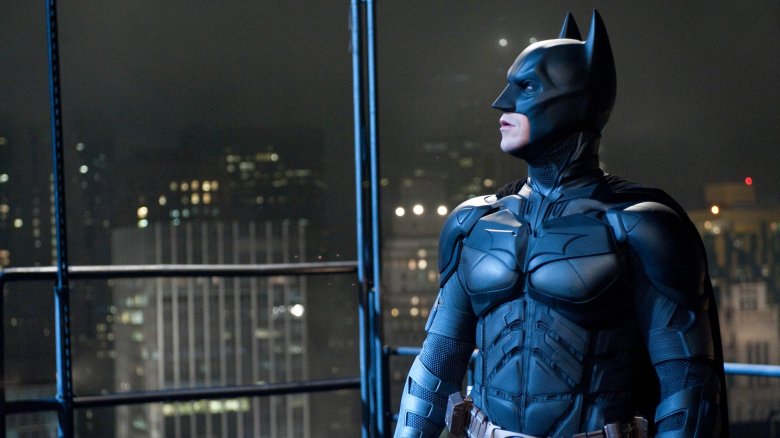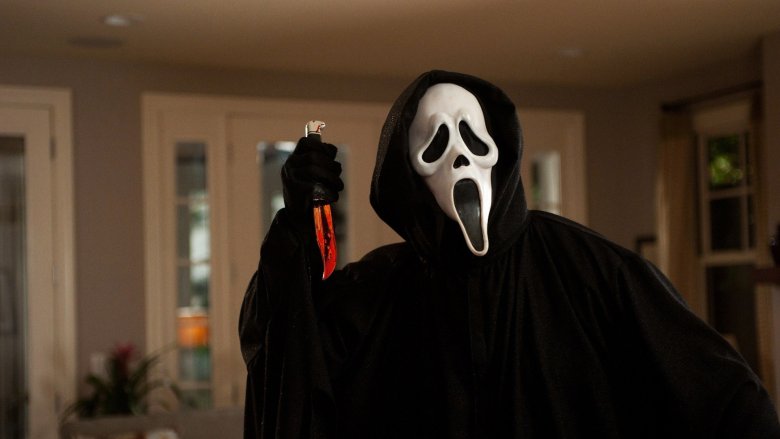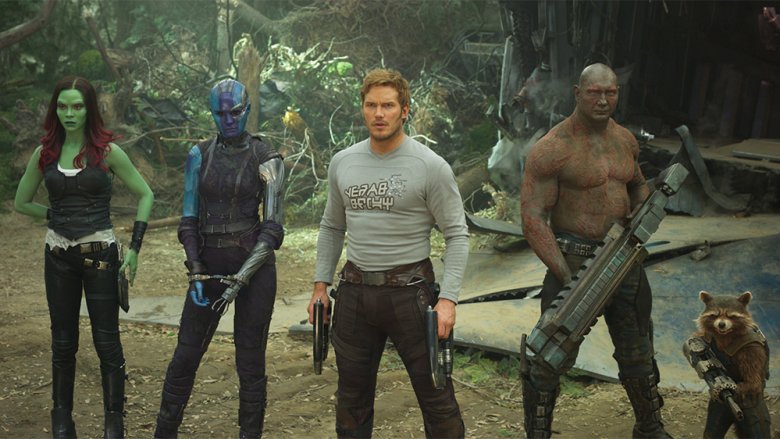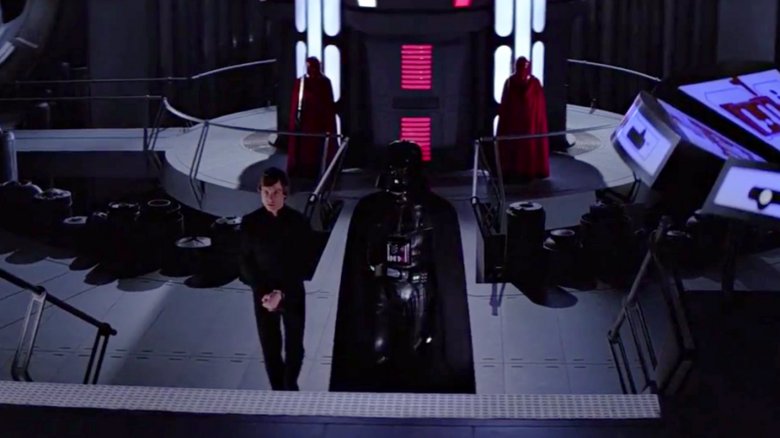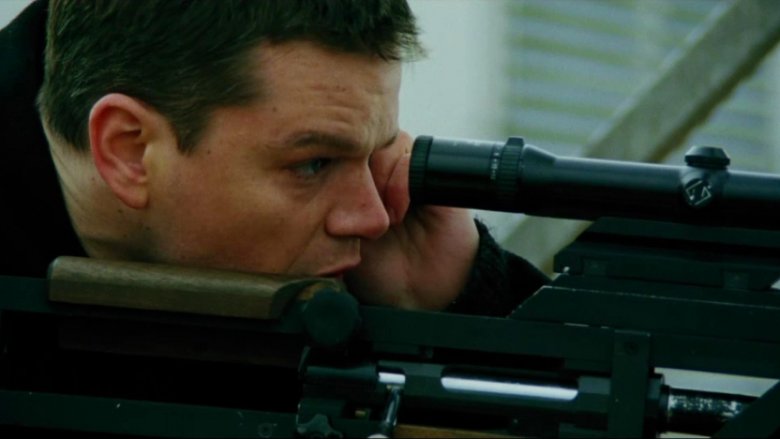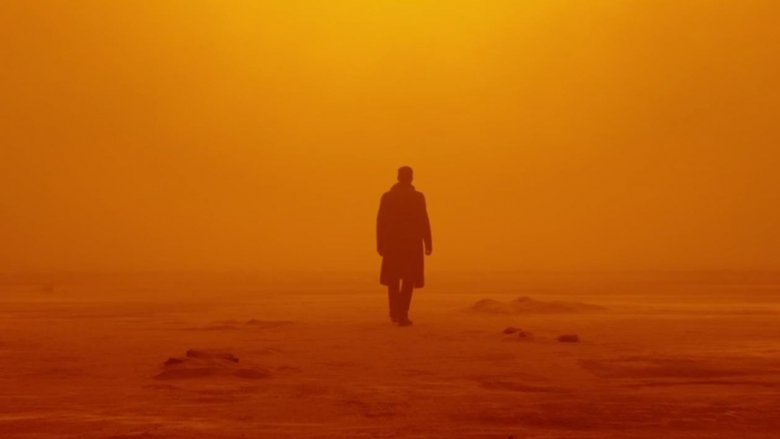Good Sequels That Are Still Worse Than The Original
There's a common assumption among film fans that most sequels are inferior. Some are definitely poor imitations, clearly made in the pursuit of easy money, leading to general franchise fatigue. But there are still plenty of series that manage to maintain high standards, with additional installments that hold up well when judged on their own merits.
Granted, it's rare for a sequel to outperform the original in terms of cultural impact, innovation, or simply the element of surprise. The following films are proof, but they're all actually very good movies — if they fell short, it's only because of the excellence of what came before.
It's time to remove the sequel-tinted glasses, shrug off the weight of lofty expectations, and acknowledge the overall brilliance of the following sequels — all of them definitely good movies in their own right, but still unavoidably worse than the original films they followed. Naturally, spoilers ahead.
The Raid 2
The Raid is action distilled into its purest form. The Indonesian martial arts gem was directed by Gareth Evans, but the roundhouse-kicking star of the show is martial artist Iko Uwais, who plays Rama, a rookie special forces officer tasked with raiding a 15-story Jakarta apartment block.
After most of his team is ambushed, Rama has to fight his way through hallway after hallway of machete-wielding gangsters. With little dialogue, his breathtaking mission is captured in eloquent, long-shot, often one-take sequences, reminiscent of Oldboy — if Choi Min-sik had a Red Bull overdose.
The Raid 2 picks up directly after Rama's torturous mission, with the officer barely given time to catch his breath before being thrown into prison on a deadly undercover mission. The narrative is less compressed, stretching across years instead of one day. There's more dialogue, more characterization, and, fortunately, more ultra-violent, ultra-stylish action. But for all of its positives, Evans' sequel is worse than the original — it's sluggish due to its intricacy, like a boxer carrying a few extra pounds. It's telling The Raid 2 excels the most when, like The Raid, it sticks to what it knows best — all-out action.
Finding Dory
True to Dory's (Ellen DeGeneres) life advice to "just keep swimming," Finding Dory is a continuation of Finding Nemo that rides the same delightful creative tides of its classic Pixar predecessor. A year after helping Marlin find his son Nemo, Dory is struck by a sudden realization: she remembers being separated from her parents as a child.
Like an innocent, aquatic Memento, Dory is plagued by severe amnesia, making her mission — supported by Marlin (Albert Brooks) and Nemo (Hayden Rolence) — all the more difficult. It's hard to find fault with Andrew Stanton's sequel, released 13 years after Nemo wowed critics and audiences, but it's still worse than the original. Pixar's most outstanding hits, from Toy Story to WALL-E and indeed Finding Nemo, are abundantly original. Although Finding Dory has plenty of heart and narrative twists to cover an impressive spectrum of emotions, it's still another missing fish story — and its similarity to Finding Nemo prevents Finding Dory from surpassing it.
Kill Bill: Volume 2
Quentin Tarantino originally conceived Kill Bill as a single movie before slicing it into two parts, and judged in its entirety, it's one of the best martial arts sagas of all time. However, with a separate cinematic release earning $152 million worldwide, assessing the second installment separately is fair game.
Volume 2 advances the blade-swinging revenge of the Bride (Uma Thurman), dubbed "the deadliest woman in the world" for good reason. She hacks her way through limb after limb while tracing those who tried to kill her, easing off slightly the second time. The death toll is stripped way, way back; Volume 1 depicted 95 kills, while Volume 2 has just three.
Replacing the massacre is a necessary exploration of the characters, transforming them from archetypes to complex individuals. It complements the chaos of Volume 1 perfectly well. That said, Tarantino's homage to grindhouse and Japanese influence is more visceral in Volume 1. Standing on its own two bare feet, Volume 2 is mighty entertaining — but still worse than the original.
The Color of Money
When Paul Newman expressed interest in returning to the world of pool shark Edward "Fast Eddie" Felson 25 years after The Hustler, there was an obvious choice to direct the sequel. Mean Streets, Taxi Driver, and Raging Bull ... Martin Scorsese was at the top of his game. Upon its release in 1986, The Color of Money faced sky-high expectations, partly due to Scorsese's outstanding body of work, partly due to Newman's involvement, and partly due to Tom Cruise's addition as Eddie's understudy Vincent Lauria.
Watch The Color of Money today, distanced from those expectations, and you'll see an incredible sequel. Now a liquor salesman and no longer a hustler, Eddie's passion for pool is reignited when he notices Vincent's raw talent. Newman's chemistry with Cruise is captivating, as is Cruise's with Mary Elizabeth Mastrantonio as Vincent's girlfriend Carmen.
As compelling as the dynamic is, as the plot takes center stage, Eddie suffers from a lack of real character development. Scorsese — who admitted he directed the film as a "calculated business move" — at times relies on Hollywood tropes in the teacher-pupil relationship. The result is an occasionally formulaic sequel that's still a smoldering success.
The Dark Knight Rises
Even for the typically morose skyline of Gotham City, Christopher Nolan's conclusion to The Dark Knight trilogy is notably gloomy. Eight years after Batman is willingly framed for the horrendous crimes of Harvey Dent (Aaron Eckhart), Bruce Wayne (Christian Bale) lives a reclusive life, a shadow of his former self, unable to walk without the aid of a stick.
It falls to Bane, a formidable terrorist and former member of the League of Shadows, to rouse Batman from retirement. The supervillain is the yin to his yang, and although Bane's physicality causes genuine concern for the fate of the Caped Crusader, Tom Hardy never matches the smirking, greasy-haired evil genius of Heath Ledger's Joker, the antagonist of The Dark Knight. Sometimes, even in Gotham, there needs to be some light. For all its foreboding, The Dark Knight Rises is a tale of hope. As the credits roll, it's hard to imagine a more fitting conclusion to Nolan's masterful trilogy. It isn't as good as what came before, but how do you improve perfection?
Scream 2
In 1996, Wes Craven revolutionized the slasher movie with Scream, using characters conscious of typical horror tropes. Utilizing their knowledge, tormented teens (led by Neve Campbell as Sidney Prescott) attempt to avoid murder at the gloved hands of masked serial killer Ghostface.
A year and eight murders later, Sidney returns in Scream 2, and what could have been an ill-judged attempt at milking the first film's success turns into a hyper-aware parody within a parody. As Sidney starts a new life at college, Craven goes even further meta; in one scene, students discuss whether sequels are ever any good. What's more, a film within the film — titled Stab — reenacts murders from Scream, inspiring a new masked killer to begin his copycat rampage.
Scream 2 is arguably as thrilling as the first, if not gorier and more extreme. However, the jump scares do start to lose their impact. Before Scream 3 and the slightly-improved Scream 4 drained every last drop of creative juice from the series, the first follow-up proved it was possible to deliver a worthy sequel...but it still wasn't as good as the original.
Guardians of the Galaxy Vol. 2
With 2014's Guardians of the Galaxy, James Gunn crafted a surprise hit from an obscure source. Unlike Iron Man or Captain America or Thor, the Guardians were relatively unknown, at least for those without an active interest in comics. Against the odds, Star-Lord (Chris Pratt), Gamora (Zoe Saldana), Drax the Destroyer (Dave Bautista), Groot (Vin Diesel), and Rocket (Bradley Cooper) captured the imagination of millions.
Three years on, Gunn was given free rein for the sequel — so much so, he tweeted that working on Guardians of the Galaxy Vol. 2 was the most "creatively free" he'd ever felt on a project. The series' hallmarks return: a funky, smile-inducing soundtrack, stunning cinematography, and relentless banter. While some superhero films require spectacle, Vol.2 is the opposite, thriving when depicting the interpersonal dynamic of the Guardians.
The foundations of that dynamic are shaken by the arrival of Quill's father, Ego the Living Planet (Kurt Russell), who tempts his son to the dark side. Quill's struggle — and his realization of the fatherly role Yondu (Michael Rooker) had in his life — have plenty of emotional impact. Ultimately, though, the second time around loses some of its effortlessness while still providing a planet-sized dose of entertainment. And "famously huge turds."
Return of the Jedi
The last in the original Star Wars trilogy is frequently considered the worst, and that's probably fair — it certainly isn't better than A New Hope or The Empire Strikes Back. As part of one of the most adored sagas of all time, it doesn't have to be the best of the bunch to qualify as an excellent film. Granted, Return of the Jedi faces some valid criticism. George Lucas favored merchandise over storytelling at times, giving fans the Ewoks and a rehashed plot revolving around another Death Star.
Part of the success of The Empire Strikes Back was due to Lucas handing some control to director Irvin Kershner and screenwriters Lawrence Kasdan and Leigh Brackett. With it came more fluid, less clunky dialogue. Questionable quotations returned with Lucas' Return of the Jedi screenplay, but not to the extent they detract from the film's finer aspects. The return of the Death Star was justified by the Rebellion's visually striking assault. Not to mention the nail-biting resonance of Luke's showdown with his father, and the reveal that there's "another Skywalker" — his sister, Leia.
Although it isn't as alluring as A New Hope and lacks the depth of The Empire Strikes Back, Jedi is a second sequel that draws the curtain on its trilogy with under-appreciated artistry. It isn't as good as the original, but what is?
The Bourne Supremacy
Every now and again, a film explodes in the face of convention and innovates its genre. In 2002, it was Doug Liman's The Bourne Identity. Its tone as grounded as its amnesia-stricken main character, Identity delivered gritty action instead of flamboyant, testosterone-heavy heroism.
In 2004, Paul Greengrass assumed directorial duties for The Bourne Supremacy, picking up where Identity left off; now somewhat aware of his checkered past with the CIA, Bourne (Matt Damon) is in hiding with love interest Marie (Franka Potente). Tragically, an assassination attempt on the former agent results in Marie's death, providing Bourne's motivation to magazine-slap his way to revenge.
Bourne's emotional turmoil makes Supremacy the most compelling character study in the series. However, it's impossible to overlook the ingenuity of Liman's Identity. This was only the director's third feature, yet he fought Universal Studios to avoid a "cookie-cutter product." Liman's stubbornness paid off, at a cost — Universal didn't want him back.
But Liman's legacy remained. Identity's fight scenes — close-up and edited at lightning pace — set a new action template, inspiring Bond's Daniel Craig-led revamp in Casino Royale. Unfortunately, in Supremacy and Ultimatum, it becomes dizzying. Not too dizzying to prevent imitations, though... until the genre was remolded again with 2014's John Wick.
Blade Runner 2049
Ridley Scott's somber, meditative cyberpunk classic Blade Runner is untouchable, yet somehow, 35 years later, Denis Villenueve produced a follow-up so staggeringly beautiful, trying to compare them is like spotting the difference between human and Nexus-6.
Further elevated by Roger Deakins' Oscar-winning cinematography, Blade Runner 2049 is an exemplary example of how to make a pitch-perfect sequel. Clues in its central mystery are delicately intertwined with events in the first, while simultaneously building on the original's meditation on what it means to be human. As replicant K (Ryan Gosling) does his noir-inspired detective work, it's impossible not to feel totally immersed in Villeneuve's world.
Like a loyal companion, 2049 doesn't only complement Blade Runner, but makes future viewings better. Harrison Ford's return as Deckard is effortless and natural, similar to instantly feeling at home when catching up with an old friend. So why isn't 2049 better than the real thing?
It could have everything to do with nostalgia. Blade Runner has had time to be appreciated, discussed, and dissected after multiple viewings for years. It's paid its dues, and it would be a disservice to rank 2049 higher. But the day may come when 2049 has gathered its own cult audience. Who knows how we'll feel then?
